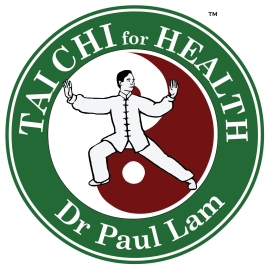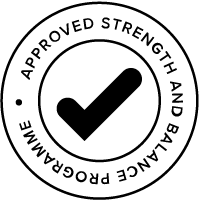How can tai chi benefit your health?
While you may gain some benefit from one tai chi class, you will enjoy greater benefits if you practice tai chi long term and develop your skills.
You may find it helpful to develop a routine by practicing tai chi in the same place and at the same time every day.
If that isn’t possible, practice tai chi whenever you have a few minutes.
You can even practice the soothing mind-body concepts of tai chi by doing some special tai chi breathing (qigong) when you are in a stressful situation, such as a traffic jam or a tense work meeting.
Tai chi has many health benefits because it:
- is good exercise
- is great fun
- improves fitness
- increases muscular strength
- improves balance and mobility
- reduces the risk of falls
- provides cognitive challenge
- improves mental health and well-being
- great relaxation and stress relief tool
There are many other advantages of tai chi:
- a place to meet new friends
- improves flexibility and agility
- supports rehabilitation
- improves focus
- self empowerment
- can be done anywhere, any place, any time
- doesn’t need specialist equipment or expensive clothing
- is accessible for all, regardless of age, gender and body shape
- can be done while seated, lying down or standing.
Scientific studies show that the practice of tai chi improves and prevents almost all chronic conditions including arthritis, osteoporosis, heart disease and diabetes.
Tai Chi for Health programmes are scientifically proven to be safe and effective for falls prevention.

More information:
- Read more about why you should learn a Tai Chi for Health Programme
- What Can Tai Chi Do for You
- Medical studies
- Accreditations

“I recommend our teacher, Juliana as the best tutor. She is patient, makes class fun and there is no pressure. Tai chi is great, age and fitness don’t matter. If you want to improve your balance, wellbeing and agility give tai chi a go. You have everything to gain and nothing to lose. Tai chi gives you the ability to have feelings of calm and peace in your daily life.” Noelene McKee
